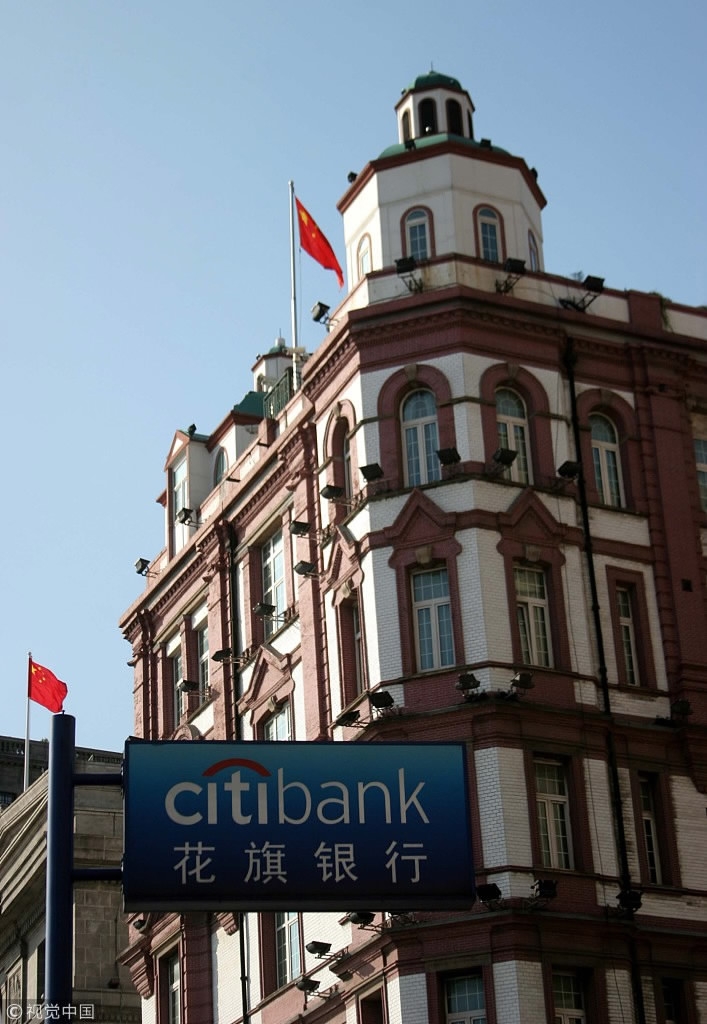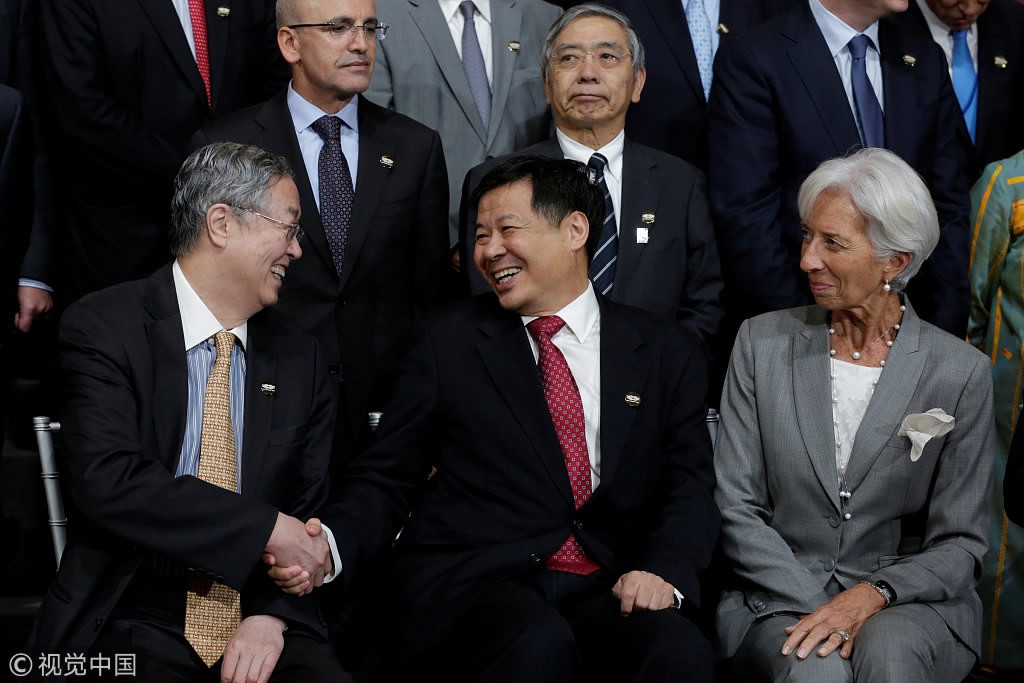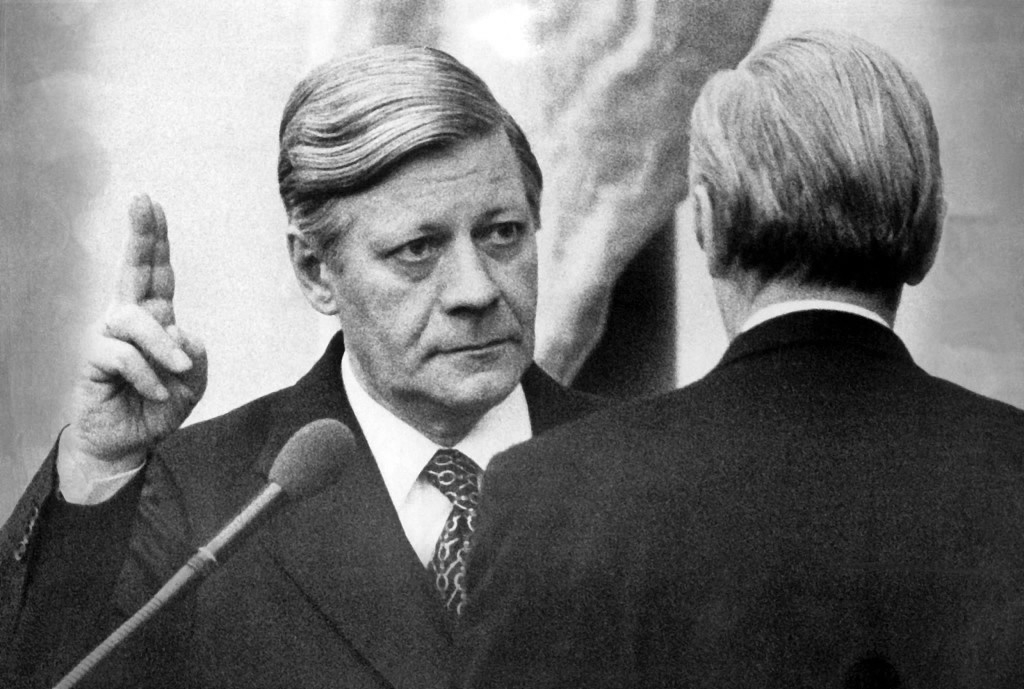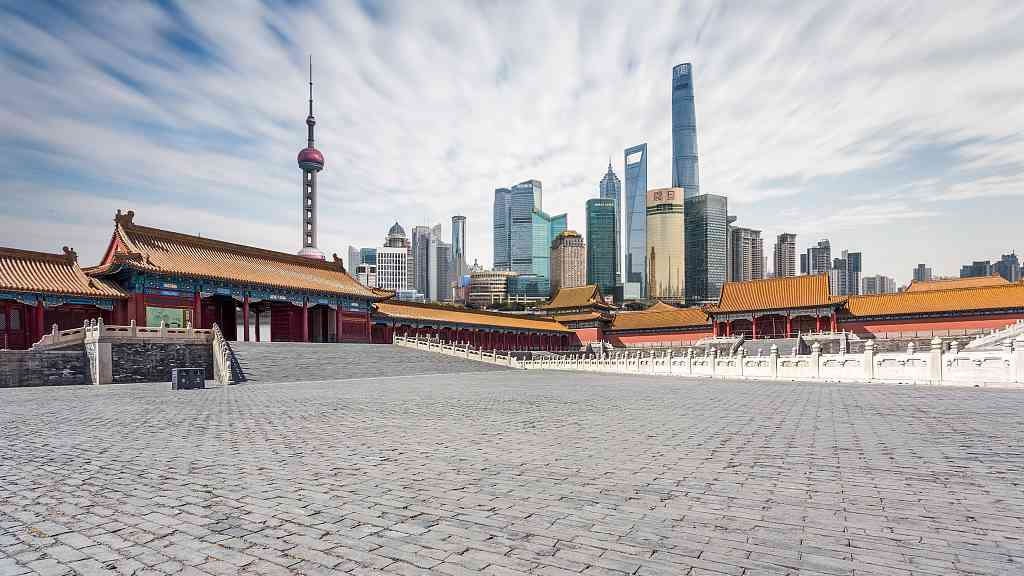Former White House chief strategist Steve Bannon, during his visit to Tokyo last weekend, described China’s peaceful rise as, according to Breitbart News, "frightening," "audacious" and encompassing "global" ambitions.
In his astonishing speech, Bannon also likened the US-China relationship to that of a tributary state–home country (although he most probably meant in the economic or trade relationship).
Furthermore, Bannon went so far as to imply that there are “dangers of appeasing China,” an allusion to the appeasement of Nazi Germany. To confront China's ascendance and the so-called “growing hegemony,” there seems to be the only one conclusion Bannon is able to reach - the US’s allies must unify to constrain China.
Bannon’s views and groundless accusations are a kind of cliché to those who see China’s rise through a prism of theoretical ideas of classical realism. This old-fashioned, zero-sum game mindset, when applied to the explanation of China’s rise, deliberately overlooks key facts and lacks a deep understanding of China’s important domestic factors, thus misleading people to wrong or even dangerous conclusions.

On December 11, 2006, the 5th anniversary of China’s entry into the WTO, China’s financial sector was opened comprehensively to the outside world. /VCG Photo
On December 11, 2006, the 5th anniversary of China’s entry into the WTO, China’s financial sector was opened comprehensively to the outside world. /VCG Photo
First of all, after China joined the World Trade Organization (WTO) and other open and multilateral economic systems, the country’s economy has been integrated into the global economy more deeply than ever before.
Take its foreign trade as a ratio of GDP, a significant indicator measuring a country's reliance on the global market, as an example. According to the latest figures, the number reached as high as 31.18 percent in the third quarter of 2017, which indicates that to keep the world’s economic system stable is crucial to China's continued economic development. Only by so doing will China continuously benefit from the world’s free market systems. The assumption that China would seek hegemony and overturn the world order is simply against China's own economic interests.

On December 19 2017, the 14th batch of China’s peacekeeping force leaves from an airport in Shanxi province for El Fasher in western Sudan./VCG Photo
On December 19 2017, the 14th batch of China’s peacekeeping force leaves from an airport in Shanxi province for El Fasher in western Sudan./VCG Photo
On the other hand, as an important member of international societies, China has contributed to the stability of a US-led world order by joining global and regional institutions which have a binding power to restrain behaviors of states. China, as a permanent member of the UN Security Council, has cautiously used its significant veto power as a responsible stakeholder. China has taken active roles in UN peacekeeping missions. China seeks to settle trade disputes with its trading partners within the framework of the WTO, and abides by the rules.
The International Monetary Fund (IMF) also sees China as a positive and important participant. China promised to inject 4.3 billion US dollars into the IMF, helping strengthen the Fund's crisis response mechanisms in dealing with the aftermath of the 2008 financial crises. China has also vigorously cooperated with other countries in dealing with many intractable issues. It has helped promote the G20 mechanism to replace the original and non-efficient G8 and rejected the proposal of the so-called "Group of Two."

Chinese Vice Finance Minister Zhu Guangyao (C) shakes hands with People's Bank of China Governor Zhou Xiaochuan (L) as International Monetary Fund (IMF) Managing Director Christine Lagarde (R) looks on at G20 finance ministers and central bank governors family photo before a plenary session during the IMF/World Bank annual meetings in Washington, US, October 12, 2017. / VCG Photo
Chinese Vice Finance Minister Zhu Guangyao (C) shakes hands with People's Bank of China Governor Zhou Xiaochuan (L) as International Monetary Fund (IMF) Managing Director Christine Lagarde (R) looks on at G20 finance ministers and central bank governors family photo before a plenary session during the IMF/World Bank annual meetings in Washington, US, October 12, 2017. / VCG Photo
All these have shown China's strong willingness to continue to exert its influence within the existing world order, without any desire to seek hegemony. Just as some prominent Western scholar argued, “the postwar Western order is historically unique. It is capable of generating tremendous economic growth and power while also signaling restraint -- all of which make it hard to overturn and easy to join.” It is true with China, and there has been no evidence to suggest the opposite.
Ask anyone in China his or her opinion of Bannon on the basis of what he said in Tokyo, the answer may well be that Bannon is ignorant of China, especially of the country’s several thousand years of cultural and philosophical legacies which have deeply affected and even molded its foreign policies.
Beliefs such as "what you don't want done to you, don't do to others", "striving harmony but not sameness" as well as "the greatest benevolence is like water, the highest virtue tolerates all", greatly value consideration, compromise and tolerance.
These doctrines, along with many other beliefs treasured by Chinese for thousands of years, serve as guidelines. Ordinary Chinese people and the government hold critical attitudes towards hegemonic politics and the so-called "zero-sum" concept of power, and advocate a goal of common prosperity within a world with multiple ideologies.

Picture taken on December 15, 1976 shows chancellor Helmut Schmidt during the swearing-in ceremony at the Bundestag (lower house of parliament) in Bonn, West Germany . /VCG Photo
Picture taken on December 15, 1976 shows chancellor Helmut Schmidt during the swearing-in ceremony at the Bundestag (lower house of parliament) in Bonn, West Germany . /VCG Photo
For heavyweight China experts, the country’s story is completely different. Helmut Schmidt, former German chancellor, once expressed explicitly his strong belief in the pacifistic nature of China by saying that “there is no tradition in China's foreign policy of taking other people's territory and I do not believe they will go away from that tradition." Henry Kissinger, former US secretary of state, was not only optimistic about China's future development but also dismissed the idea that China is likely to confront Western countries, especially with the United States, as a result of its rise.
For Bannon and people like him, the key is to learn “respect” and “cooperation.”






